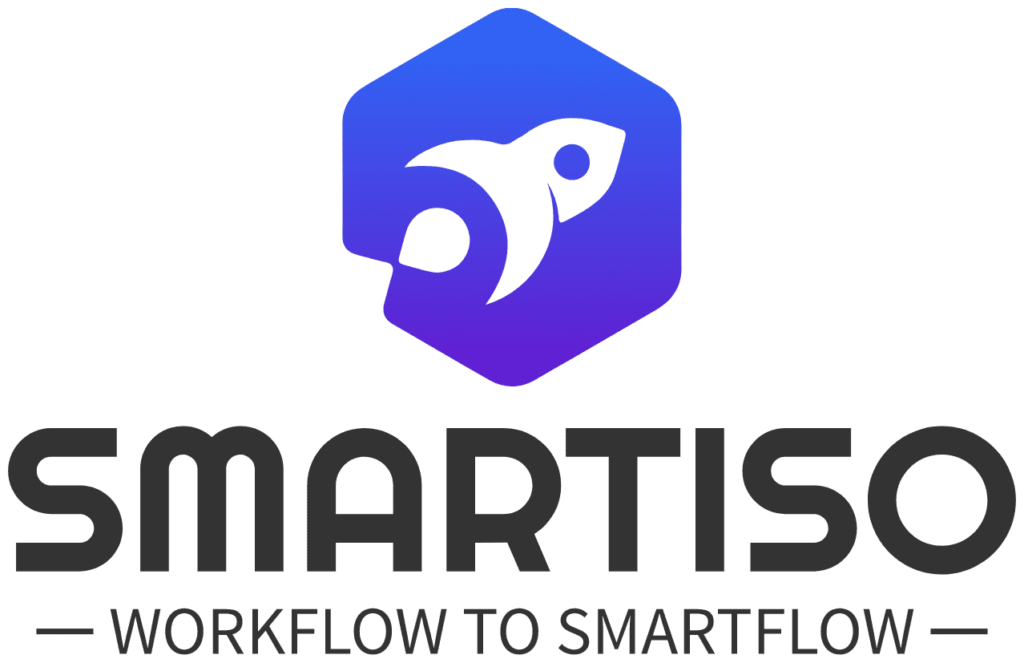Leveraging ISO 9001 AI for Enhanced Quality Management

Understanding ISO 9001: A Foundation for AI Integration
ISO 9001, a globally recognized quality management standard, serves as the bedrock for businesses aiming to integrate Artificial Intelligence (AI) technologies seamlessly. This standard outlines the criteria for a quality management system that enhances organizational processes, efficiency, and customer satisfaction. By adhering to ISO 9001, companies lay a solid foundation that aligns with AI integration objectives to streamline operations and drive continuous improvement.
Integrating AI into an ISO 9001 compliant framework empowers companies to leverage data-driven insights for informed decision-making. AI algorithms can analyze vast datasets to identify trends, predict outcomes, and optimize processes in alignment with ISO 9001 principles. This integration fosters a culture of proactive risk management, innovation, and agility, essential in today’s competitive landscape.
Furthermore, the synergy between ISO 9001 and AI fosters automation of routine tasks, reducing human error and enhancing operational efficiency. Compliance with ISO 9001 requirements ensures that AI applications are deployed ethically, securely, and in a manner that upholds quality standards.

The Role of AI in Streamlining ISO 9001 Compliance
Key Insights and Strategies
Artificial Intelligence (AI) plays a significant role in streamlining ISO 9001 compliance for businesses. By leveraging AI technology, companies can automate and enhance various aspects of adhering to the ISO 9001 quality management system standard.
AI tools can assist in data analysis, process monitoring, and decision-making, helping organizations to identify non-conformities, analyze performance data, and improve overall quality control processes efficiently.
Step-by-Step Guide
- Step 1: Implement AI-powered data analysis tools to detect patterns and anomalies that may affect compliance with ISO 9001 standards.
- Step 2: Utilize AI for real-time monitoring of quality processes and proactive identification of potential non-conformities.
- Step 3: Integrate AI algorithms to predict quality trends, optimize quality management strategies, and continuously improve compliance procedures.

Benefits of Implementing AI in ISO 9001 Systems
Integrating AI into ISO 9001 systems offers a plethora of advantages, revolutionizing traditional quality management practices. By leveraging artificial intelligence, organizations can enhance efficiency, accuracy, and decision-making processes within their quality management systems.
1. Improved Decision Making
AI algorithms can analyze vast amounts of data swiftly, providing valuable insights to make informed decisions. This empowers businesses to identify patterns, trends, and potential risks, enabling proactive decision-making for enhanced quality control.
2. Enhanced Quality Control
Implementing AI in ISO 9001 systems improves quality control processes by automating tasks such as data analysis, anomaly detection, and predictive maintenance. This helps in detecting defects early, ensuring adherence to quality standards, and reducing errors.
3. Increased Efficiency
AI enables streamlined processes within ISO 9001 systems by automating routine tasks, freeing up valuable human resources for higher-value activities. This efficiency boost leads to quicker turnaround times, improved productivity, and overall operational excellence.
Common Pitfalls to Avoid
When incorporating AI into ISO 9001 systems, organizations must ensure proper training of AI systems, regular maintenance, and alignment with quality objectives to avoid inaccuracies, data biases, or system malfunctions that could compromise quality management processes.

Exploring Future Trends: ISO 9001 and AI in Quality Management
In a dynamic business landscape, the integration of ISO 9001 standards with cutting-edge Artificial Intelligence (AI) technologies is set to revolutionize quality management practices. Let’s delve into the evolving trends reshaping the sphere of quality assurance.
Frequently Asked Questions (Q&A)
Q: What’s the biggest challenge with Future Trends: ISO 9001 and AI in Quality Management?
A: The primary hurdle lies in seamlessly merging traditional quality methodologies with AI-driven processes to ensure compliance with ISO 9001 standards while leveraging the benefits of advanced technologies effectively.
Q: How can I make Future Trends: ISO 9001 and AI in Quality Management more effective?
A: To enhance the efficiency of quality management practices amidst the integration of ISO 9001 and AI, businesses should focus on comprehensive training programs for staff, embracing data-driven decision-making, and continuously refining AI algorithms to align with ISO 9001 requirements, thereby optimizing processes and bolstering overall quality outcomes.

